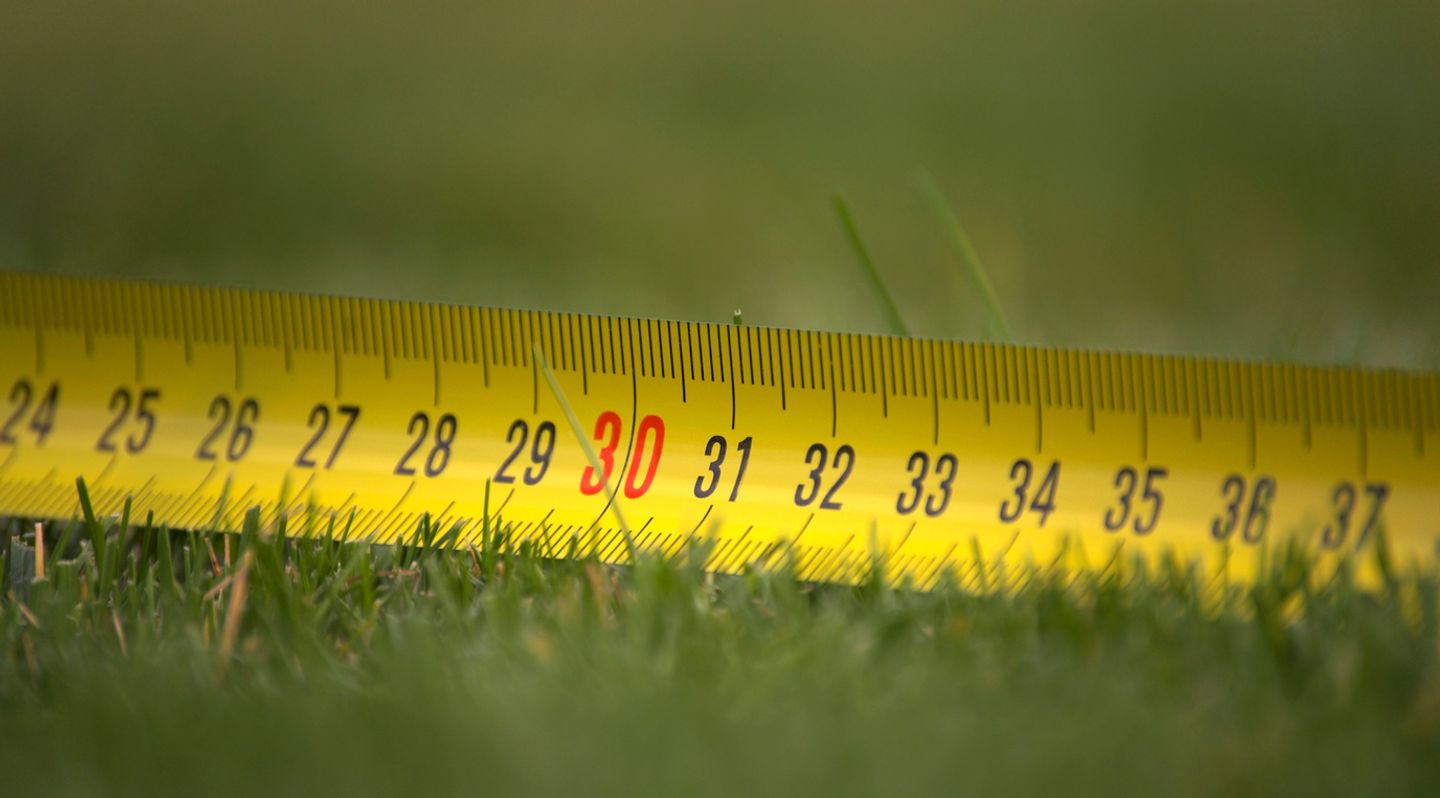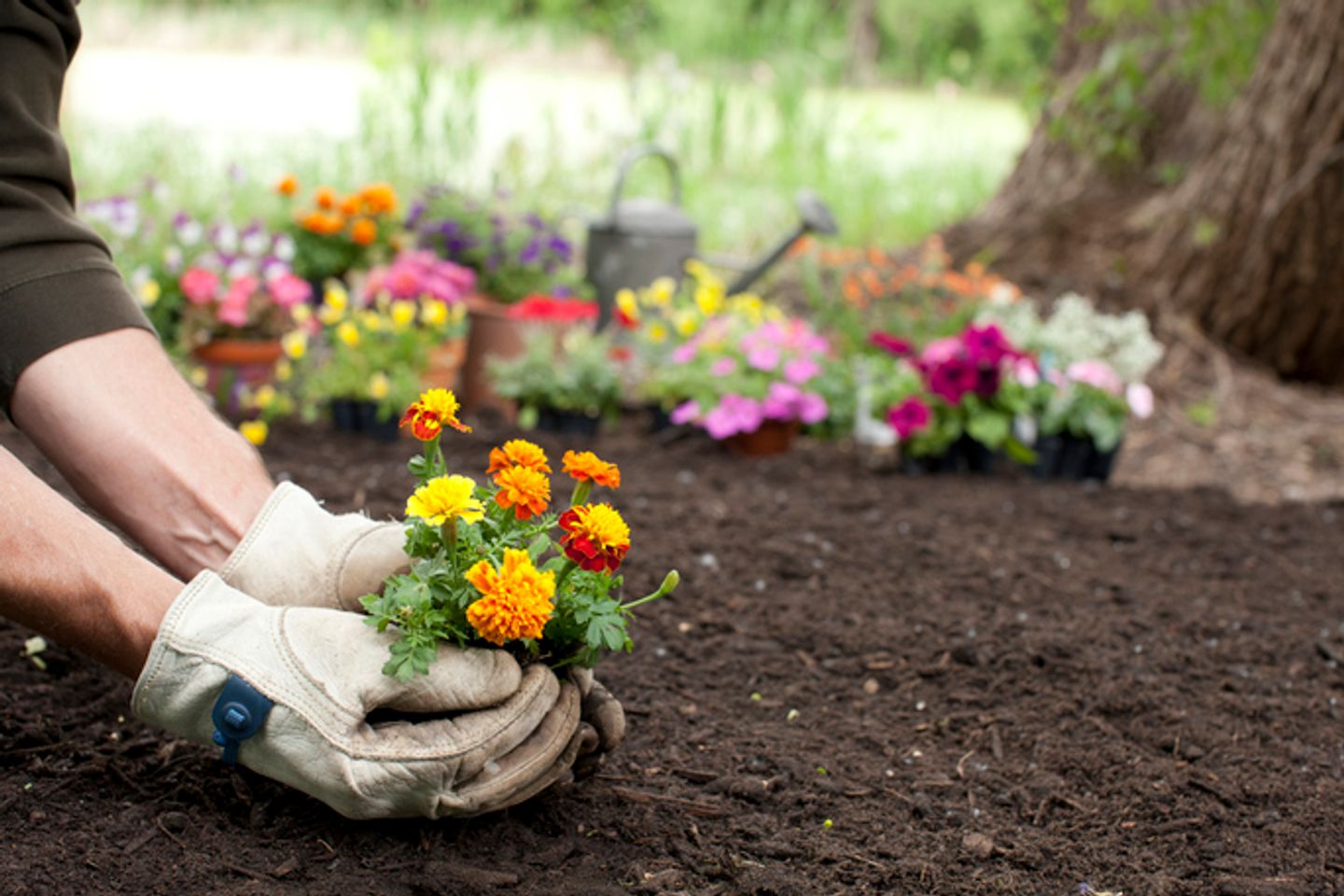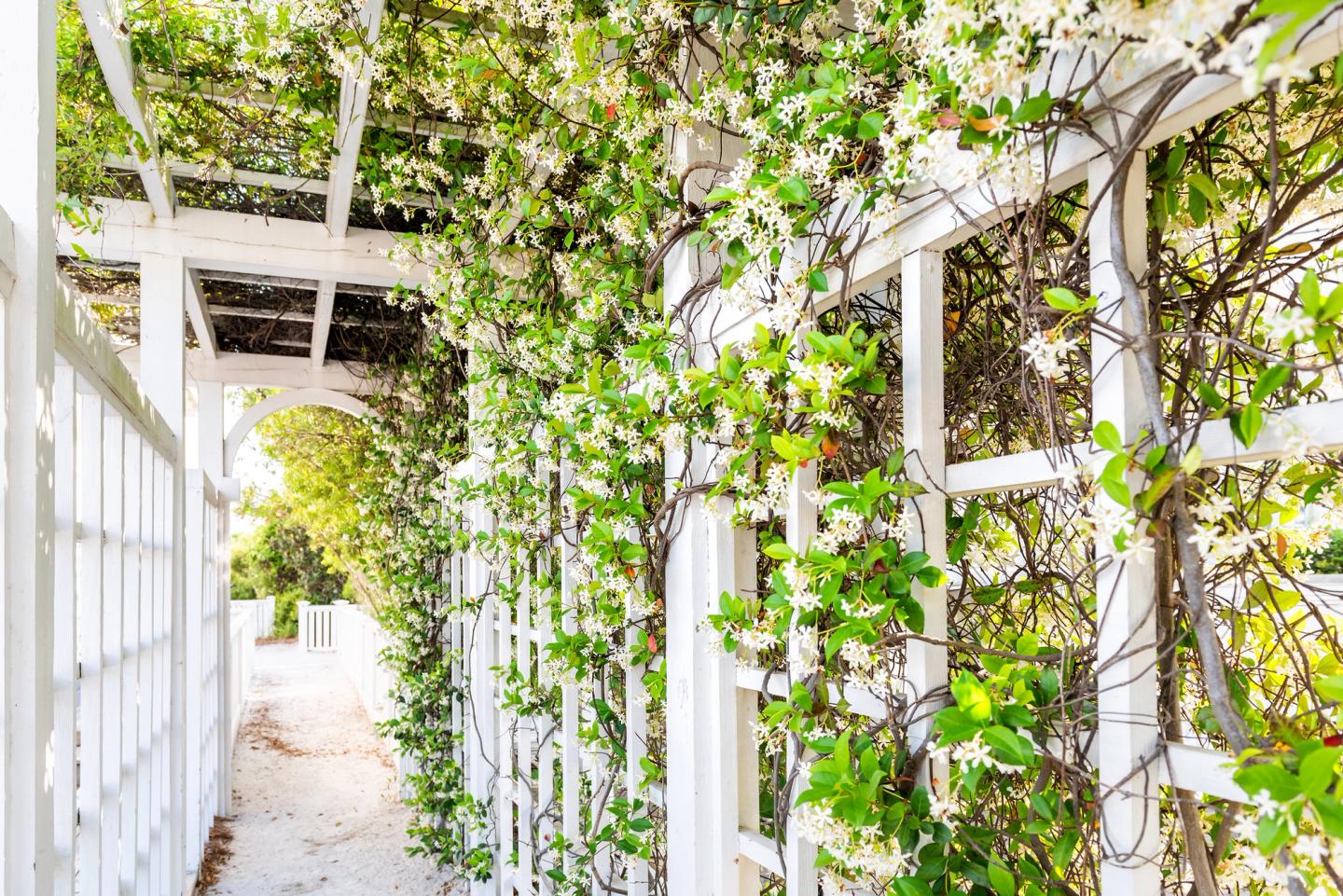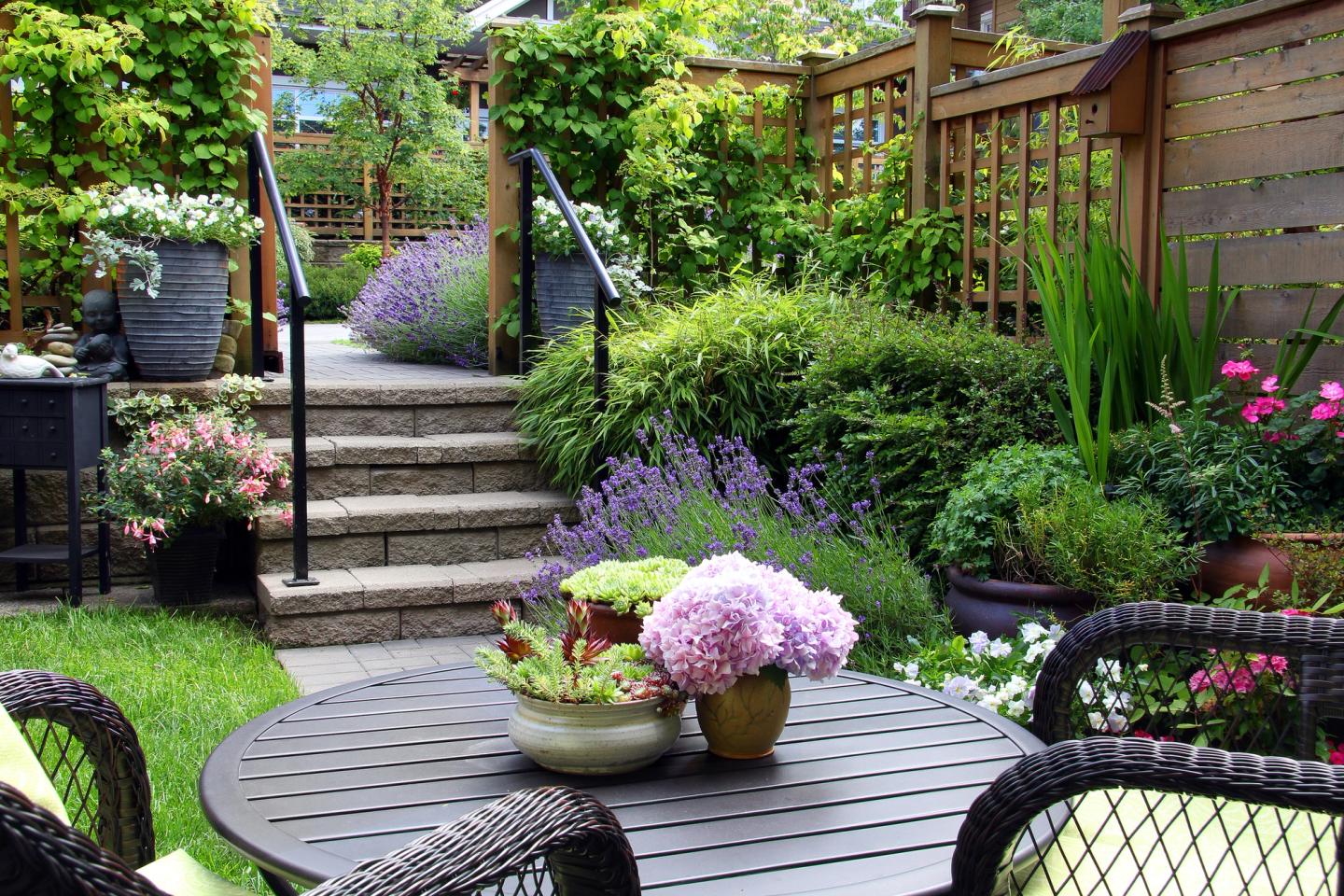Space, the final frontier. That’s how it can feel if your garden is on the small side; all you notice are the limitations.
But it doesn’t have to be like that. There are lots of ways to make a small outdoor space feel bigger and unleash its full potential. Yes, even if your budget is as limited as your plot of land.
At HSS, we talk to lots of amateur and professional gardeners, providing advice as well as the equipment needed to get stunning results. So, in this article, we’ll draw on all our experience to offer up some of our favourite small garden ideas for people on a budget.
Inspiration comes first
Start by collecting ideas. Browse through gardening books, magazines and resources, such as the RHS website. Look at other people’s similar-sized gardens. Stroll around garden centres, and make a note of the best ideas from everywhere.
If you’re new to gardening or have never given plants much thought, watch gardening shows on TV and listen to radio programmes or podcasts, such as BBC Gardeners’ Question Time. You’ll gain enthusiasm as well as information.
Check what’s growing in your neighbours’ gardens too. It’s a safe bet you can produce the same plants, especially if they’re only averagely green-fingered and you don’t live next door to Monty Don.
Check what’s growing in your neighbours’ gardens too. It’s a safe bet you can produce the same plants, especially if they’re only averagely green-fingered and you don’t live next door to Monty Don.

Credit: mchudo https://www.istockphoto.com/
Plan before you plant
Many gardens have evolved over the years as random collections of plants, grass and paving, and that can be OK if there’s plenty of space. But the smaller the garden you’re creating, the greater the need to map it out in advance and think carefully about what goes where—every millimetre matters.
So, grab a notebook, some pencils, and a ruler, and get out there with a tape measure. Write down the dimensions and create a scale drawing of the space you have to play with (1 centimetre to 1 metre is our suggestion for scale).
Once you’ve drawn the outline and put in the current features, such as flower beds, paths, patios and sheds, you can start to see the possibilities. Better still, create a template from your drawing, so you can try out different designs before settling on the final one.
Assess the environment
Is your garden north, south, east or west-facing? Which spots get the sun and when? Sketch the arc of the sun onto your drawing, and you’ll know where to position a patio or decking to get the most sunlight.
Also, what’s your soil type — sand, clay, chalk, or loam? Various plants flourish in different conditions, so you need to know these essentials before finalising your plans.
You’ll also want to ponder what you want from your garden. Are the kids going to be playing in it? Do you love entertaining or BBQing? Just like a place to relax, watch the birds, and smell the flowers? Plan it all in, and you’re on your way to making it happen.

Credit: Liliboas https://www.istockphoto.com/
Pick your plants
Make a list of plants you like from inspiration sources. Research when each flower is in season, then include some late and early bloomers. Evergreens also help to add colour all year round.
A mood board is a great way to get a feel for your new garden before you’ve planted a thing. Cut pictures out of magazines or make prints from online resources, then stick them all together on a big piece of card. Suddenly you’ll have a clear impression of how all those colours, shapes, and textures work together. What’s more, you’ll know if you need a wider range of plants, for example.

Credit: krblokhin https://www.istockphoto.com/
Use height
You may not have much ground space, but you’ll undoubtedly own air space, so plant climbers. Jasmine, wisteria, and honeysuckle are hardy enough to flourish almost anywhere. So, let them ramble up walls and fences.
Another way to use height is to distribute hanging baskets around the garden with beautiful trailing blooms. Window boxes or wall mangers full of blossoms will work fabulously too. Hire a high-quality hammer drill from HSS, and you’ll have your hanging baskets securely up in a flash.
Divide and rule
Compartmentalising your garden is an effective way to maximise it. Psychologically, if you walk into a small space then find out that it’s part of something greater, you feel that you’re in a more significant setting.
Use bamboo screens, trellises, or astutely positioned shrubs in pots to create cosy nooks for seating. Plant ornamental grasses to make the divide feel gentler. An arch with creepers trained around it is another subtle way to create garden zones.
Use cunning diagonals
Paving slabs laid square-on to each other can make your garden look smaller than necessary. The same flags used in a diamond pattern will make it seem somehow bigger. Using diagonals is a trick of the eye that never fails.
Crazy paving with irregular shapes can have a similar sizing-up effect, and it’s always wise to use lighter coloured slabs when space is at a premium.

Credit: Vasyl Rohan https://www.istockphoto.com/
Choose colours to create a sense of space
Colour is light, so lots of vibrantly hued flowers will make your little garden seem airy and spacious. Cool colours, such as violet and blue, are particularly effective because they recede the field of vision, whereas a garden with hot reds and dominant yellows will feel more intimate.
Preserve your privacy
Small gardens are often that size because they’re surrounded by other homes, which means you are overlooked. Draw sightlines in from neighbouring properties when planning your new garden. Then you can position big plants, arches or pergolas to protect your privacy.
Ready to start? Clear the ground
Once your plan’s in place, it’s time to get to work. If there’s some unsightly concrete, such as a path or drive in the way, you’ll find some valuable tips on getting it shifted in this article on breaking up slabs.
Similarly, if there’s a lawn you no longer need or a hedge that has to go, our selection of garden tools and landscaping gear will get the job done fast.
Small gardens are a big subject, so we’ve barely scratched the surface of what’s possible in this short article. If you’re still looking for more ideas, you can check out a wealth of handy advice and inspiration from our expert team here.






















































